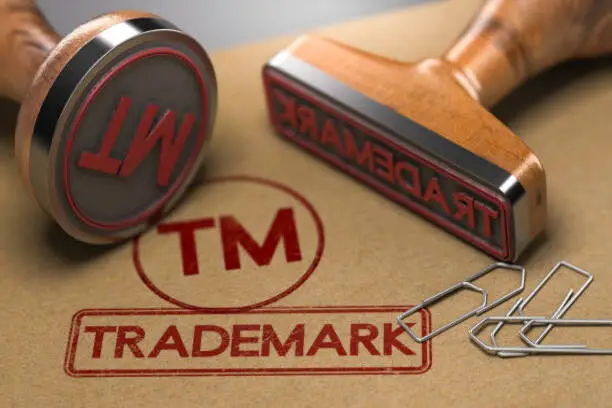


On April 15, 2022, the Paris Court of Appeal addressed the extension of The Beatles’ character to the trademark “BEATLES,” highlighting significant considerations regarding its use and recognition.
The French National Institute of Industrial Property (INPI) faced opposition from Apple Corps Limited concerning the enrollment of “THE BEATLES” trademark across various classes. Apple Corps, relying on its EU trademark “BEATLES,” emphasized the character of its earlier trademark to contest this new application.
Apple Corps Limited’s appeal argued for a distinct character of their trademark, beyond the scope of “sound recordings” as defined by INPI. They substantiated their claim by presenting diverse content, including press papers, historical references, music compilations, and rankings.
The Court referred to Composition 8(5) of the EU Trademark Regulation, emphasizing the need for a demonstrated association between the marks and their use within the Union. It stressed the importance of proving recognition among the public and the substantiality of the mark’s usage.
The Paris Court of Appeal upheld the INPI’s ruling, acknowledging the character of “BEATLES” only in the context of “sound recordings.” It concluded that there was insufficient evidence demonstrating widespread recognition across other goods and services, as asserted by Apple Corps Limited.
The Court highlighted the essential factors necessary to establish the recognition and distinctiveness of a trademark:
This case serves as a reminder for trademark holders to assert the character of their trademarks across all goods and services covered by the enrollment. It also presents a compelling defense strategy for challengers facing reputed trademark proprietors.
In conclusion, the ruling emphasizes the necessity of establishing a mark’s character comprehensively, especially within the bounds of Copyright Law, and highlights a potential defense for aspirants challenged by established trademark holders.